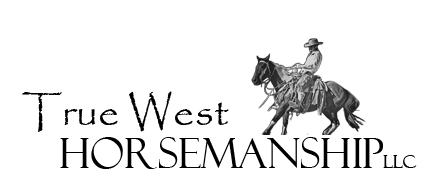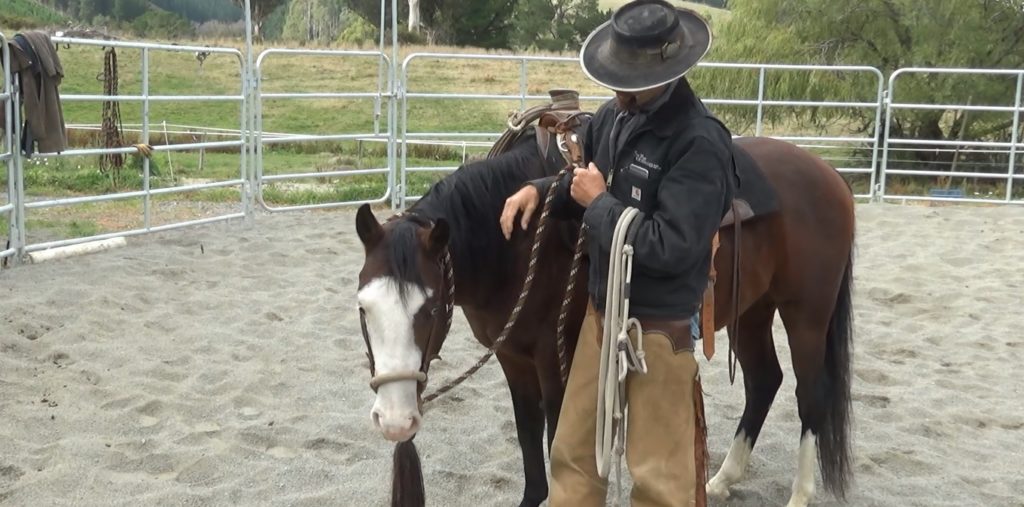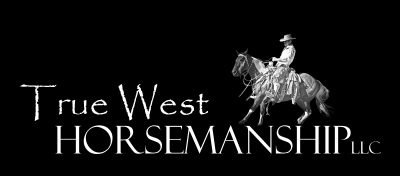We have a number of people that write to us for help when they are having problems with their horse. But sometimes after digging deeper and asking the owner questions (so we can get to the root of what is going on), some folks get offended by the fact we are even asking about communication and foundational training.
It can be a bit emotional when your horse seems to “all of a sudden” start a quirky or naughty habit, or you may have purchased a new horse and the horse that arrives home is definitely not that calm horse you were riding at the previous place a month ago!
We have written a short “check list” of things to think about if you suddenly have problems with your horse and things you should be thinking about when asking for help from any professional.
- Sore Horse? Sometimes your horse has ‘tweaked’ themselves in the paddock or may have a previous injury you’re unaware of, but are unable to simply tell you. Many times, unexplained behavior changes can be attributed to physical issues. If you suspect that something is going on it is always good to get them checked out by a professional Equine Osteopath. Please note that not all equine bodyworkers are the same. While some have studied for years, others have done a weekend workshop. Ask for recommendations from other horse owners in your area or on a reputable Facebook group.
- Grass Affected! Another common issue that arises is when a horse has suddenly changed grass/property or feeds. This can affect the neurological system through toxins and/or high levels of sugars and potassium, among many other things – in some horses it even gives them hallucinations. There are some people that do go overboard with what you should/shouldn’t be feeding your horse at what times – but there is also common sense and knowledge about what is lacking in their minerals, vitamins and micro-nutrients, as well as the varieties of grass and quality of the soil.
- Gastric Ulcers! This goes along the same lines as the sore horse. Ulcers can be very painful and distressing in some horses, making them hard to handle or even aggressive. If you notice a drastic change in temperament, especially around saddling (which will be painful), loosing weight, dull coat then you may want to do some more research or contact your vet about ulcers and treatment.
- Communication Lacking! Communication is the building blocks of any relationship, in addition to the basic “pieces” of being able to direct your horse to do anything. This one might seem obvious to some, but surprisingly won’t cross the minds of others who are having problems. We saw a teenager trying to apply sunscreen to her horse at a venue our horse was staying at, the horses head so far in the air the girl was standing on tip toes with her arm totally extended and still couldn’t reach its nose. A failure in communication was at the root of this problem, both from the teachers who were meant to be educating her, and also between her and her horse. As humans, we just don’t know what we don’t know. Don’t ever be afraid to up skill yourself, get to a clinic/workshop or educational equine expo and never stop learning better communication with your horse!
- Back to Basics! If you have ruled out a pain or feed issue, try going right back to basics with your horse, with foundational groundwork (this is not lunging). If you have a roundpen available to work in – do some free work (no halter/flag/whip) and focus on good clear communication through body language to get good, crisp go, stop and changes of direction working for you. You would be amazed at what shows up when working free with your horse and what being able to direct the movement of his feet does to strengthen the trust based relationship with your horse. There is so much to be gained in your ability and understanding at this basic level – see our Groundwork Series and Problem Solving Clinic Series in our Online Video Library.
Asking for Help! First of all there is absolutely no shame in asking for help – too many people wait too long and the ‘quirk’ has become ‘habit’ – which can be harder to undo!
- Your Trusted Person! Make sure you don’t just pop up a post on Facebook about your problem, you will get 100 different responses to try filter through “the good, the bad and the ugly”! Contact a good friend or Equine Professional you trust. Remember – just like body workers, not all professionals in the equine industry are created equal, so contact someone you have used before or ask for recommendations.
- Don’t get offended! If your trusted person starts asking questions, they are not trying to insult you or the way you have been working with your horse, they are simply trying to unravel what the root of the problem is. If you feel like you are being picked on then you have possibly picked the wrong person in step 1.
- It might cost you! If you have chosen an Equine Professional for help and they have determined it is a training/communication problem, then they will probably suggest attending a clinic/workshop, private lesson or even a video/dvd to purchase. This is not necessarily about them making a quick buck, but after years of studying the way of the horse, some professionals already have great resources to help you on your journey (and typing big long emails where things can be lost in translation is not always the best resource to help you with your problem).
Comment below if you found this post helpful! Or share your own experience of helping a horse through a tricky situation!



